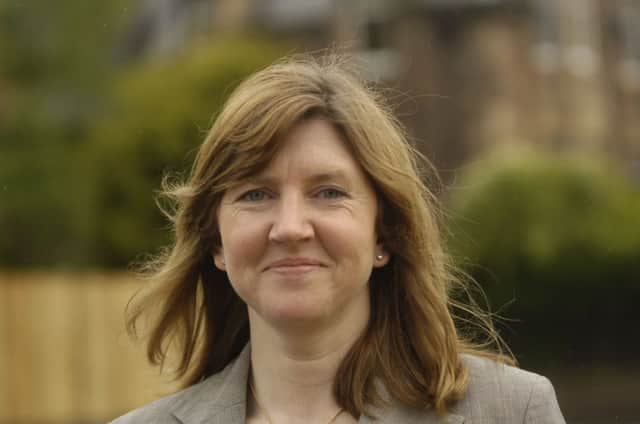‘Green’ bank backs plans for waste recycling plant


The government-funded bank said it had invested more than £28m in the new facility at Forth, due to open in 2017.
Developers say the energy-from-waste plant, and adjacent recycling facility, will recycle more than a million tonnes of materials and save around 1.3 million tonnes of Co2 emissions, as well as producing enough electricity to supply the equivalent of almost 18,000 homes over its lifetime.
Advertisement
Hide AdAdvertisement
Hide AdBut environmental campaigners and politicians have warned of health risks and environmental pollution they say are associated with such facilities, demanding more support be invested in recycling instead.
The recycling and waste plant, which has also received investment from Levenseat Ltd, is expected to create more than 150 jobs. But Shlomo Dowen, national co-ordinator of the United Kingdom Without Incineration Network (UKWIN), said the facilities have a bad track record when it comes to environmental and health concerns.
He said: “It’s always sad when a project like this gets funding, and particularly frustrating when the funding comes under green investment. Unjustly, the Green Investment Bank does not care that they are funding facilities that do not actually improve waste management, are poor in terms in climate change and are not renowned for improving air quality.”
Green MSP Alison Johnstone said: “While there may be legitimate uses for this technology for a very small percentage of waste that can’t be recycled, we need to stand back and ask if it’s really the best use of public money? I’m very concerned that, once a contract has been signed, the incinerator will simply have to be fed, locking in demand for waste, dis-incentivising waste reduction and diverting recyclables when there’s a higher profit margin to be made from creating energy rather than recycling.”
Richard Dixon, director of Friends of the Earth Scotland, said: “The danger is that many local authorities are looking at incinerators or other thermal treatment plants as the easy way out of getting better at collecting materials for recycling and helping people produce less waste in the first place.
“The history of incinerators and other energy-from-waste technologies in Scotland is a sorry one. The funders make much of the new technology involved but that last company to make these kind of promises went bust after four years of failing to get their so-called advanced waste-to-energy plant in Dumfries to pass pollution laws.”
But GIB chief executive Shaun Kingsbury said: “This first-of-kind project is the latest example of how the UK is modernising its waste management infrastructure. By increasing recycling and using the remaining waste to produce energy, the Levenseat project will make a significant contribution towards Scotland’s ‘zero waste plan’.”
FOLLOW US
SCOTSMAN TABLET AND MOBILE APPS